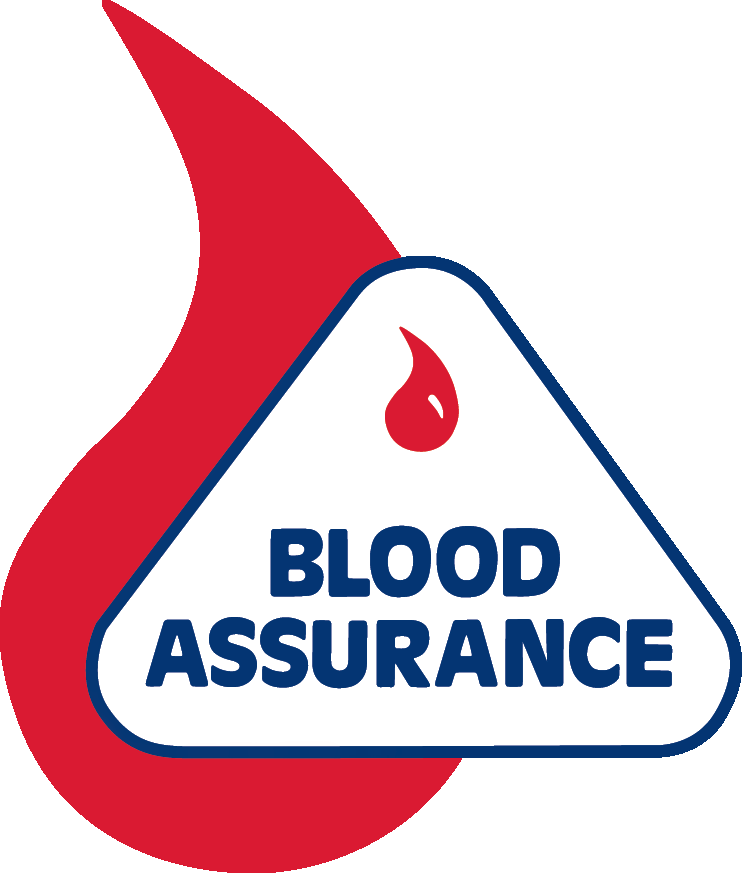FDA updates donor restrictions to be more inclusive!
Effective December 18, 2023, Blood Assurance will be able to accept blood donors who were previously deferred by Food and Drug Administration (FDA) guidelines for possible exposure to HIV Infection under the Men Who Have Sex with Men (MSM) policy.
This change will eliminate the time-based restriction and instead screen all potential donors equally, using a series of questions that will assess their individual risk of HIV, regardless of gender or sexual orientation.
These guidelines mark a significant step forward, allowing gay, bisexual, and transgender individuals to donate blood without a deferral period based on their sexual orientation. It's a wonderful stride towards equality and inclusivity in healthcare practices.
The Previous FDA Policy:
The change in donor eligibility is centered on the FDA’s policy known as Men Who Have Sex with Men (MSM). The policy has been in place since the mid-1980’s and has evolved over the years. Currently, the MSM policy requires gay and bisexual men to wait three months following their last sexual contact with another man to donate blood.
New FDA Policy:
The new FDA policy will eliminate the time-based restriction of three months and instead screen all potential donors equally, using a series of questions that will assess their individual risk of HIV, regardless of gender or sexual orientation.
How does this affect donors?
All potential donors, regardless of gender or sexual orientation, will be asked the same eligibility questions to determine if they can donate.
The latest FDA policy also strengthens the safety of the blood supply, treats all potential donors with fairness, and expands the opportunity for more individuals to give blood.
This FDA update aligns with current blood donation policies in Canada and the United Kingdom.
ADVANCE Study
Three of the largest blood centers in the nation – OneBlood, Vitalant, and the American Red Cross – collectively registered almost 1,600 gay and bisexual men for the pioneering ADVANCE Study. The study's two-year findings were shared with the FDA, influencing their choice to replace the time-based HIV restriction with an individual assessment for all potential donors.
Learn more about the ADVANCE Study


